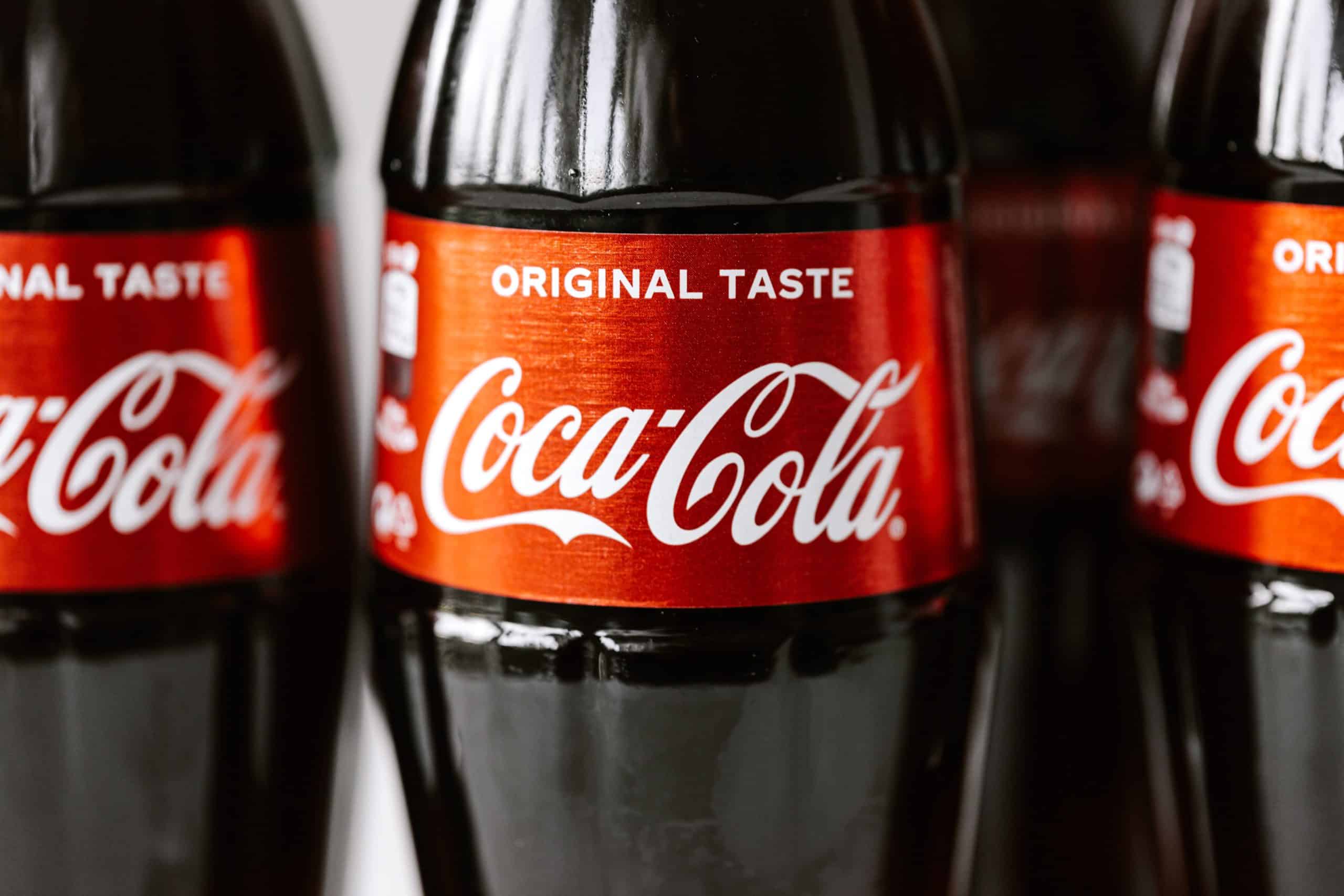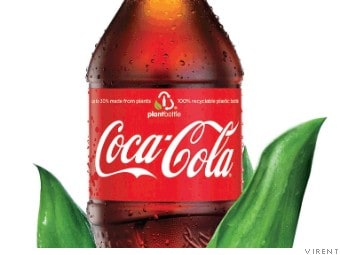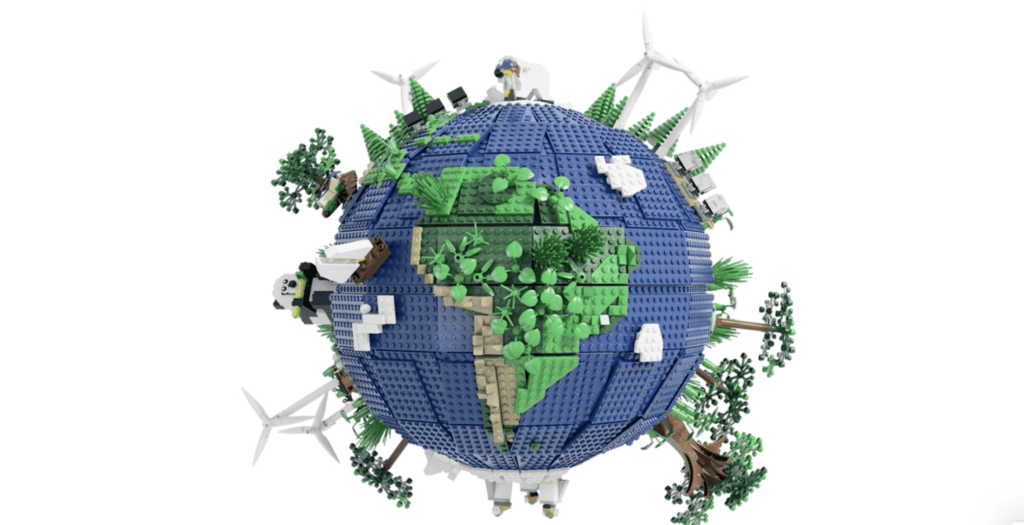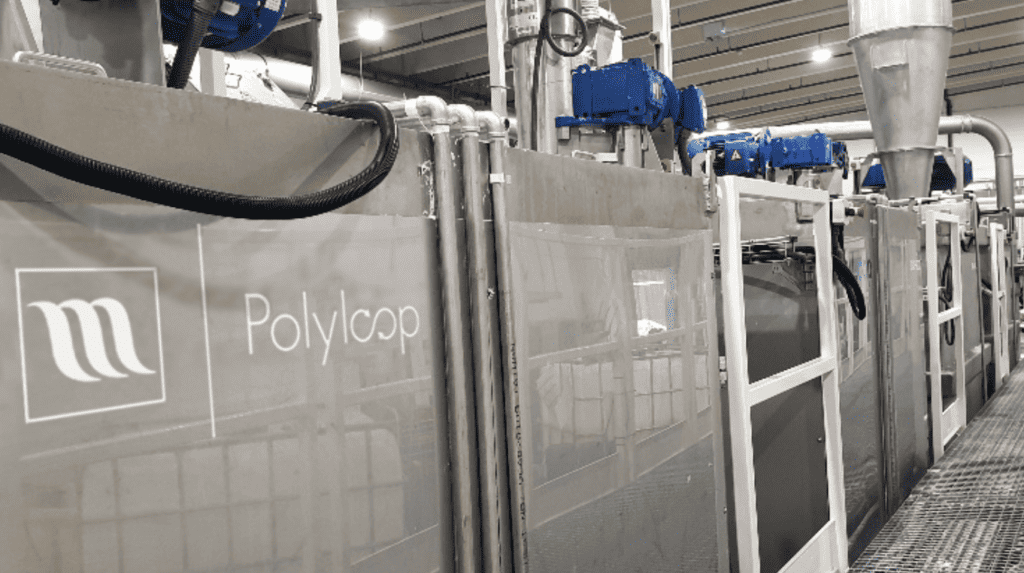International conglomerate, Coca-Cola, has announced a new sustainability plan that produces and distributes 100% recycled plastic bottles across the US. This plan hopes to cut the company’s plastic usage by 20% compared to its’ 2018 figures. According to the Break Free From Plastic Campaign, Coca-Cola contributes to plastic pollution more than any other company across the globe. The company is followed by PEPSICO, Nestle, and Unilever.
PlantBottle
In 2009, Coca-Cola introduced their PlantBottle; plastic bottles made from 30% plant materials, and produced without the assistance of fossil fuels. Over time, Coca-Cola have been able to make their PlantBottles with 100% plant matter. Yet, despite their importance in promoting plant-based plastics, and cutting down on fossil fuel usage, they are still contributing to plastic pollution. “The reality is that plant-based material, as it’s turned into plastic, is really still a virgin plastic,” explains Alpa Sutaria, Vice President and Manager of Sustainability at Coca-Cola Co. Creating options that promote plastic reuse is much better for combatting the levels of plastic that Coca-Cola are circulating. Julia Atwood, the leader of BloombergNEF’s advanced materials research, explains that ‘for the champion of the bio-based bottle to essentially be abandoning it, is a big sign for how the circular economy is going to move first.’
Coca-Cola PlantBottle
Recycled Plastic Bottles
In 2018, Coca-Cola pledged to make 100% of their packaging recyclable by 2025, and that 50% of their bottles and cans would be made up of recycled material by 2030. This year, they have announced the first steps in this process, creating bottles that consist of not just 50% recycled material, but 100%. Their new 13.2-ounce bottle is made from 100% recycled PET (or rPET). This new sized bottle was created in response to consumer feedback. 20-ounce bottles were too large, but 12-ounce cans were not enough. The bottles are being distributed in Florida and California, before entering the entire US market. The company is also aiming to make all Sprite bottles clear by the end of 2022 to make it easier to recycle them.
A Closer Comparison
Atwood explains that, when focusing on emissions alone, the PlantBottles seem to be the clear winners. Recycled plastic bottles are still derived from oil. However, the total carbon impact from 100% rPET bottles is much lower than regular plastic, and combats existing plastic in circulation as opposed to making virgin plastic from other plant materials.
This decision reflects some hope for plastic pollution and widespread recycling. As one of the largest consumer companies in the world, this initiative marks a tide change for packaging politics. “If we could get more recycling to happen, then we could get more of the things that are recycled to be turned into really clean materials that can be reused, then it makes it a lot easier,” Sutaria said.









